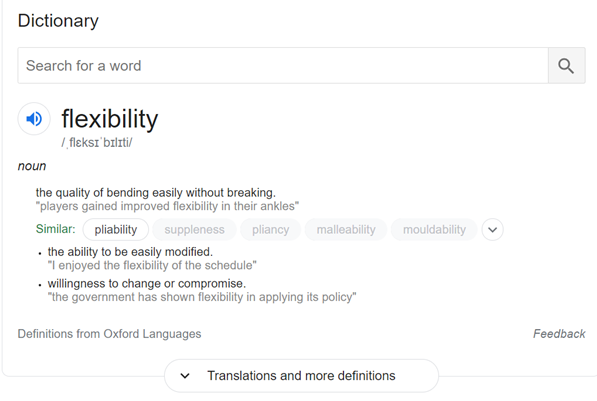Since the pandemic took hold in March this year, we were thrown into a situation we’ve never been in before. Whether you were a parent expected to juggle full-time work with home schooling or someone in a flat share alternating working from your bed to working from the dining table with your housemates.
We all had to embrace change (not a natural thing for many people) and adjust our ways of living.
From strict lockdown to the government’s confusing messaging once they relaxed the rules, it’s been really tough for everyone, particularly when it comes to mental health. It’s been 6 months and we’re still navigating and living through an unprecedented situation. It’s only natural that we’re feeling anxious, tired and more depressed than usual. Each and every person is dealing with their own unique situation in the context of a global one, the fear of the virus itself plus the knock-on effect: socially, economically & psychologically.
Is it any wonder, we’re not feeling okay? No, it’s completely normal!
In figures released by the ONS (Office of National Statistics) it stated that “over four in five of people surveyed – 84 per cent – said they were worried about the effect the virus is having on their life, while 53 per cent said it was affecting their well-being” due to the Coronavirus pandemic. This doesn’t come as a surprise, as it’s reflected in the conversations I’m having with friends, family and team members on a daily basis.
So what can we do to ensure we are supporting our team whilst the world is turned on its head? Here are a few tips:
Listen

Yes it is that simple but I don’t just mean listen to what your team members are saying, pay attention to any changes in behaviour, mood, output and habits. Any changes to the norm can often be a sign of mental health struggles. Listen to what they are saying and remember that individuals are often the best people to determine what support they need or the adjustments they need to make so ask them how you can support them and listen to what they say.
Can vs Can’t
A large contributor to how we’re feeling is down to having the control taken away. There is so much out there that is uncertain at the moment and this naturally puts people on edge and makes them feel anxious. Try to adjust their focus to things they can do, instead of things they can’t control. Work with them to create simple action plans and support them through activity, communicating more often than you usually would.
Offer Flexibility

We’re in a constantly changing situation so expect that your team’s needs and your own needs will continue to change. Tackle stressors together on an individual basis as something that causes issues one week may not be the same the following week. Make sure you are checking in regularly and modelling positive mental health practices such as taking regular breaks and eating proper meals. Be flexible and let individuals design the boundaries that they need.
Invest in Training & Additional Support
We’re all in this together but it can feel overwhelming, for those experiencing mental health issues as well as those are trying to support them. Invest in additional training for your managers so that they have the tools they need to tackle issues that arise, and make sure your benefits include those which provide support for those with mental health challenges. This can include access to helplines, talking therapies or the flexibility to take time off at short notice. Make sure you review your policies and insure they are inclusive for those who struggle with mental health.
Remember, these are unprecedented times and everyone is trying to find their way in the new world – it’s normal to feel overwhelmed, low and unsure about the future. Focus on what you can control and talk to those around you, you’ll probably find they are/or have felt the same way over the last 6 months. My parting advice? Take each day at a time and go easy on yourself.
If you want to learn more about the impact that the pandemic is having on our mental health, here are a few resources:
How Coronavirus Is Impacting Our Mental Health from the University of Sheffield’s podcast Coronavirus Explained, featuring an interview with academics Professor Richard Bentall and Dr Jilly Gibson-Miller.
The mental health emergency – How has the coronavirus pandemic impacted our mental health? A great whitepaper from the charity, Mind, on the mental health impact of Coronavirus including case studies and support links.
What is the Covid-19 crisis doing to our mental health? A podcast where The Guardian’s John Crace discusses his mental health challenges.


